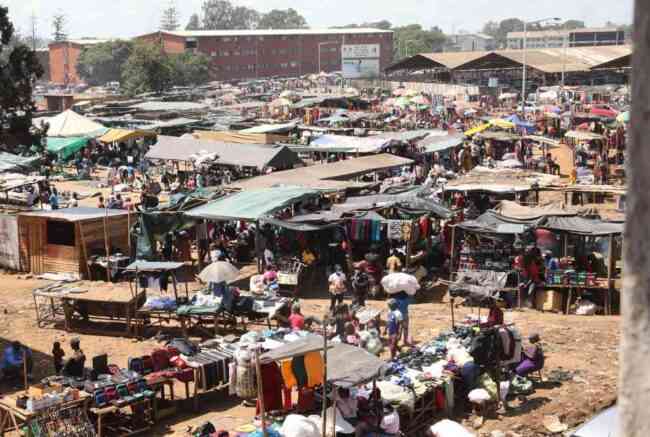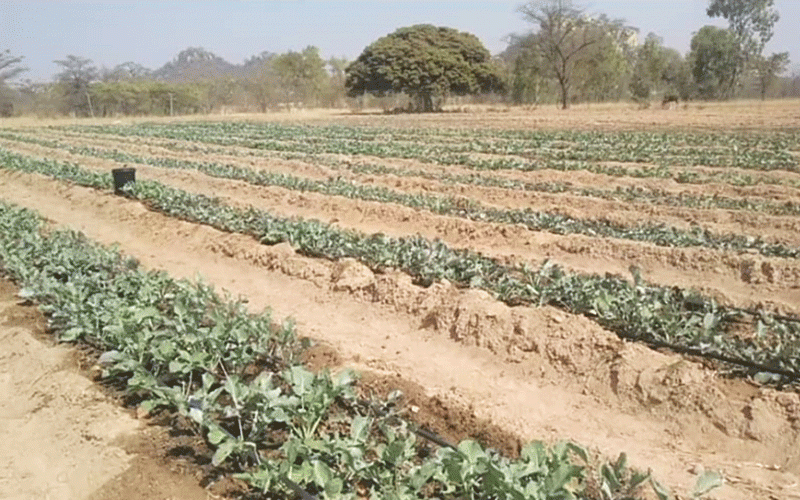
BY SILAS NKALA
THE National Association of Non-Governmental Organisations (Nango) has challenged the country’s security arms to observe their constitutional mandate of serving and protecting citizens instead of serving narrow political interests.
The call came in the wake of recent incidents of abduction, torture and closure of democratic space in the country with both local and international organisations condemning government — through the army and the police — of escalating human rights violations.
Government has, however, since dismissed the claims as falsehoods initiated by unnamed external “dark forces” pursuing a regime change agenda.
In its latest report, Nango said it was concerned that Zimbabwe continued to experience a protracted national crisis.
“This crisis is characterised by continued intolerance, polarisation, corruption, disregard for the rule of law, contravention of the constitution and marginalisation of vulnerable groups and communities, among other factors,” read the report.
“Nango notes with great concern the government’s approach to address the grievances of the general citizenry and the vilification of dissenting voices that are calling for the promotion of lawfulness, tranquillity, peace, equity and fairness, inclusive and sustainable development, respect for human rights and constitutionalism. We urge the government to lend an ear to alternative voices all which hope and yearn for a better and prosperous Zimbabwe where everyone’s dreams and aspirations are possible.”
The NGOs said the authorities’ rebuttal of alternative voices and views by concerned stakeholders and citizens projected a nation intolerant of democratic values, undermining efforts towards sustainable peace and development.
- Chamisa under fire over US$120K donation
- Mavhunga puts DeMbare into Chibuku quarterfinals
- Pension funds bet on Cabora Bassa oilfields
- Councils defy govt fire tender directive
Keep Reading
“Thus, government hostilities towards citizens, reflected in its response characterised by hate speech, derogatory language and labelling of groups and tribes, is a cause of concern,” reads the report.
Nango expressed disappointment over South African President Cyril Ramaphosa’s special envoys to Zimbabwe, Baleka Mbete and Syndey Mufamadi’s failure to engage in fruitful mediation.
“We are taken aback that the envoys left without consulting non-State actors and other concerned stakeholders. However, we remain hopeful that the envoys will return with a refined, people-centred and inclusive strategy,” they said.
Nango also underscored that the Zimbabwean crisis needed “an all-inclusive and holistic approach” if it was to be addressed, citing the negative impact of poverty and hunger, COVID-19, poor public finance management, social service delivery and bad governance.
“Low incomes for the formally employed in both the public and private sectors have left most households with inadequate disposable income to purchase basic commodities. The informal sector which employs the majority of people has been heavily affected by the COVID-19 pandemic and the lockdown measures,” they said.
Nango expressed concerns over the level of autonomy of the judiciary and unwanton arrests of pro-democracy actors over trumped-up charges.
The association challenged the police to execute their mandate of maintaining peace and security and ensure that perpetrators were brought to book.
It said the national army, which has been accused of using disproportionate force on civilians, should focus on defending the country’s sovereignty, territorial integrity and national interests.
The NGOs urged the government to promote transparency and accountability as a way of combating corruption and promoting efficient use of public resources.











